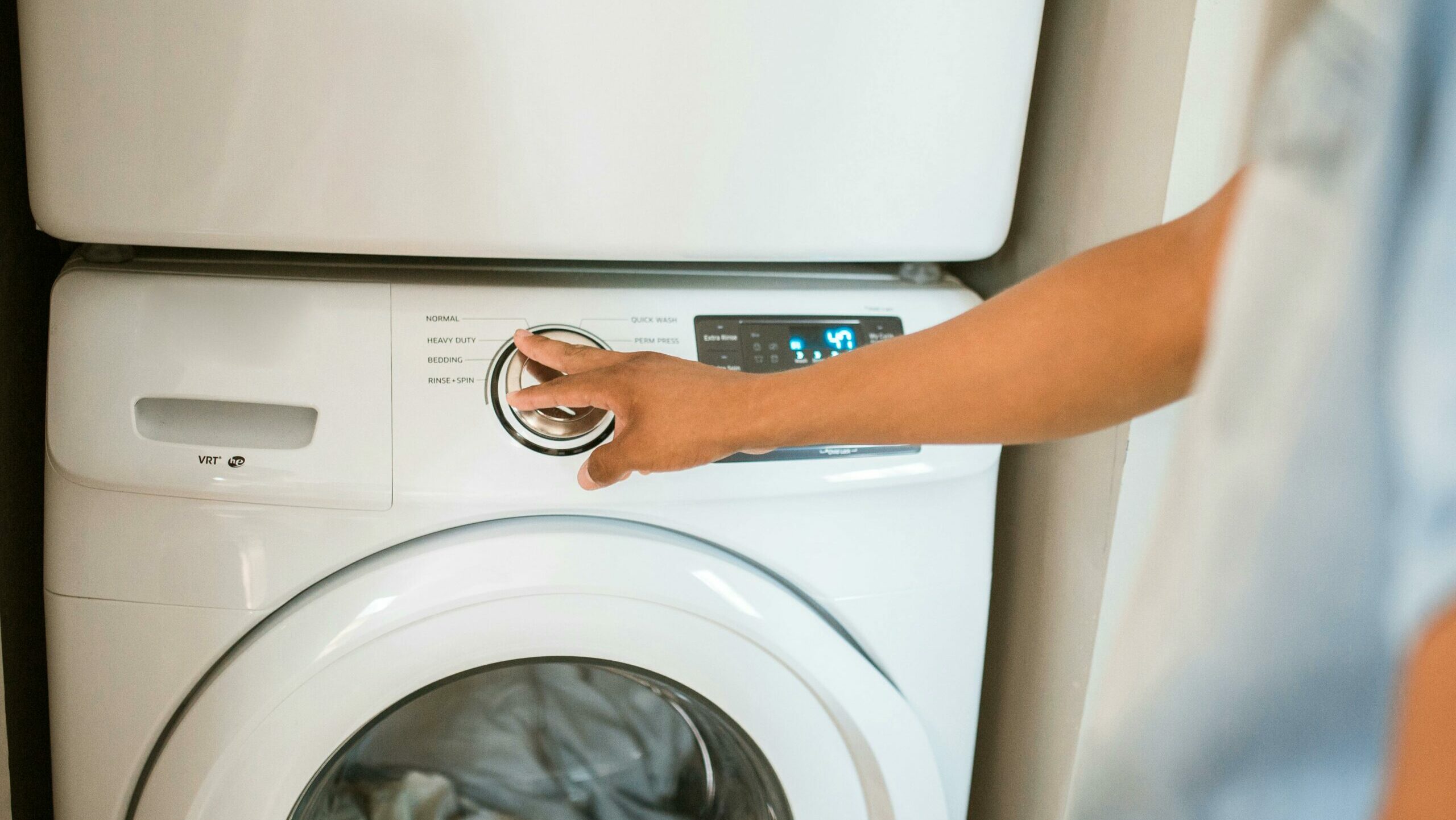A Survival Guide for People to Nail That Job Interview
To be fair, job interviews seem like first dates when your possible salary is evaluating your clothing, handshake, and capacity to refrain from uttering something embarrassing. The good news is, though, that with the correct preparation you can enter feeling more like the qualified professional you are and less like a frightened mess. From your first interview to your fiftieth, these tactics will enable you to own the room (or Zoom call) and eliminate the panic.

Study Up (Not the Dull Sort)
Entering an interview unprepared about the firm is like to arriving at a trivia night unaware of the theme. Spend time on their website, but don’t stop there. Look at their social media mood, recent headlines, and even Glassdoor employee ratings. You should sound very curious when they say, “What do you know about us?” not as though you read their “About Us” page five minutes ago. Extra points if you can discreetly mention something particular—such as your appreciation of their latest sustainability project or that unusual team-building activity they shared on Instagram.
Practise as though you are preparing for a stand-up special.
You wouldn’t wing a presentation, so why wing responses to expected enquiries? “Tell me about yourself” is your elevator pitch, not an invitation for your entire narrative. Keep it brief: who you are, what you’ve done, and why this position excites you. When answering behavioural questions—”Tell me about a time you failed”—use the STAR approach (Situation, Task, Action, Result) to organise your responses without going on and on. Record yourself responding to frequently asked questions, pro advice. You will wince, but you will also notice anxious behaviours such as uttering “um” every three seconds.
Dress to Impress (Your Future Self)
Dress as though you mean business even if the staff wears pyjama bottoms and the work is remote. Unsure about what is suitable? When in doubt, dress a little too formally. A blazer over a beautiful shirt indicates “I take this seriously”; sweatpants suggest “I might also take naps seriously.” Virtual interviews depend more on lighting than you may expect. Check your setup beforehand to prevent seeming like a witness in a true crime documentary (bright overhead light = quick under-eye bags).
How to Avoid Sounding Like a Robot
Interviews are discussions, not oral tests. Nail your responses, but allow space to be human. Instead of asking “What’s the salary range?”, consider asking insightful questions like “What is your team’s current greatest challenge?” Put things off for later. Body language is important: sit up straight, reflect the interviewer’s tone (within reason), and for goodness sake, don’t forget to breathe. Nerves cause individuals to hurry; slowing down gives you confidence even if your stomach is flipping.
Post-Interview: The Follow-Up Gambit
Within 24 hours, send a brief, genuine, not desperate thank-you email. Mention anything particular from the discussion to stimulate their memory: “I enjoyed learning about the forthcoming project in X department.” One courteous follow-up is acceptable if you don’t get a response; five is approaching stalker behaviour. What if it isn’t? Don’t take it personally. Once, even Beyoncé likely failed an audition.
The Change in Attitude
Keep in mind that interviews run both directions. You are also choosing whether this culture, management, or business fits you. Walk in intrigued, not simply eager to satisfy. If everything else fails, act as though you are playing a part: “Confident Professional Who Definitely Belongs Here.” Fake it till you make it—everyone else is, too. Now go obtain that offer.







